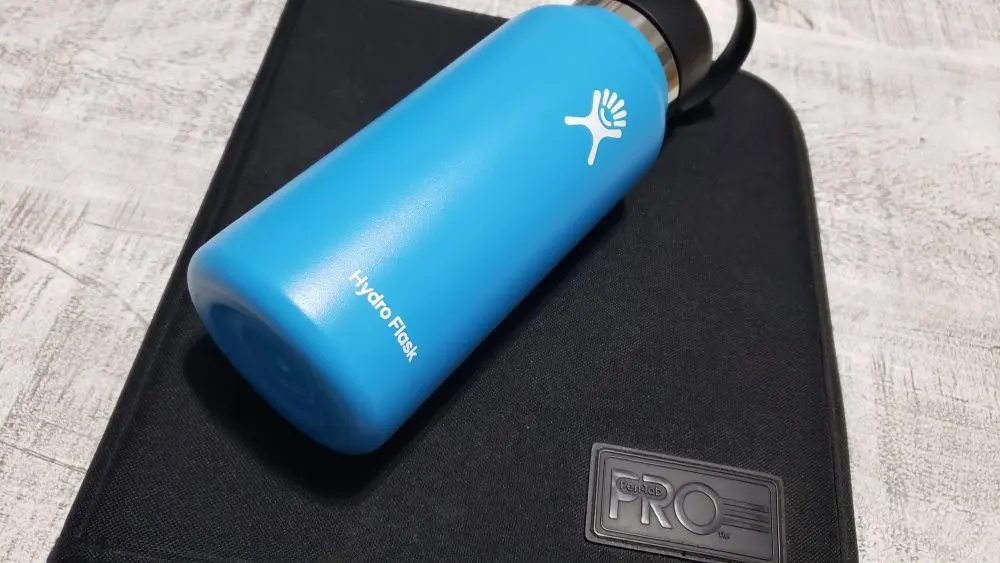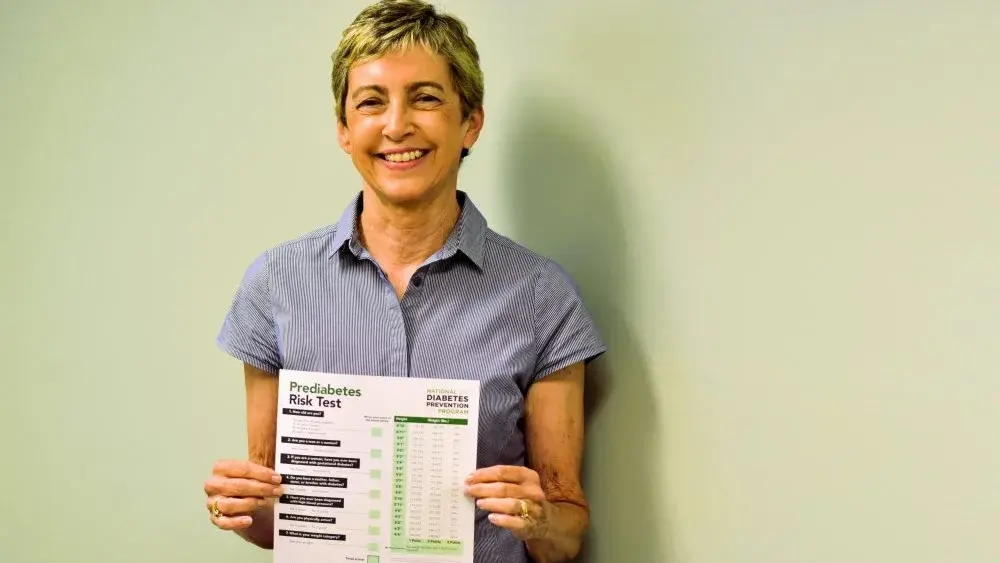
In late July, three weeks before the beginning of the 2025-26 academic year, Trigg County Schools Superintendent Dr. Rex Booth released a video, announcing a district-wide change regarding campus protocols.
Clear water bottles only. And no more zip-up, enclosed binders.
Similar to clear- and mesh-bag rules already in place, the rules seemed innocuous and analogous with the Code of Conduct.
A social media frenzy, however, brought forth a firestorm of comments from the community — some relaying safety concern and care for students and faculty, others calling the laws “outrageous,” “unrealistic” and “overreaching.”
In a conversation with the News Edge Wednesday afternoon, Booth clarified the reasoning on all the new adaptations — adaptations that have full board and campus administrative support.
Monthly emergency management meetings, he said, help guide the district’s next steps in student safety, contraband considerations and the general welfare of the district — which between the months of August and May each academic year house at least 20% of the county’s population for eight-plus hours on weekdays.
Located in the heart of Cadiz, and constructed next to the municipal East End Cemetery, the campus has a number of public access and wide-open entrances — all things, Booth noted, must be considered in worst-case scenarios.
One of those meetings, he described, had a startling demonstration from a local police unit.
Wild as this regulation may feel, Booth said every permutation is played out in planning.
Part of that work, he said, is unfortunately having to think about how these items can get into schools, and that doesn’t just include guns.
Trapper Keepers and zip-up binders, made by Five Star and other similar brands, can hide vapes, cigarettes and other nicotine products such as Zyn and dips, as well as knives and drugs — none of which are simply just “high school problems.”
Furthermore, clear water bottles and water-only mandates, he added, solve several issues.
+ The spilling of sodas, juices, milks, coffees and energy drinks will be less frequent.
+ Students, particularly at the middle and high school, will have a more difficult time sneaking in alcoholic, or other non-sanctioned, beverages.
+ And Stanleys, along with other metallic cups, have in a way become socioeconomic status symbols, but are capable of more.
The question has been asked: where are the metal detectors?
Booth said they are working on a COPS, or Community Oriented Policing Services, grant that, if awarded, would bring some mobile units to the district, which aren’t cheap. According to multiple sources, the average cost of a single walk-through unit is between $3,500 and $4,000, and that range can vary widely between $1,000 and $30,000 — with mobile capabilities increasing the price. A total operational cost, including staffing, maintenance and training, can be nearly $500,000 annually — depending on the district’s size.
Booth knows not everything can be prevented, accounted for or measured, and that one of the best courses of action for prevention — at the student and adult level — is for everyone to remember: “If you see something, or hear something, then say something.”



